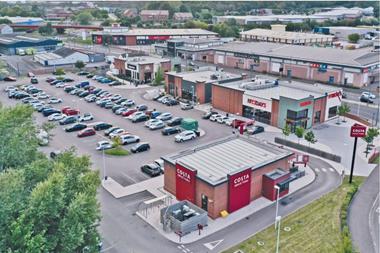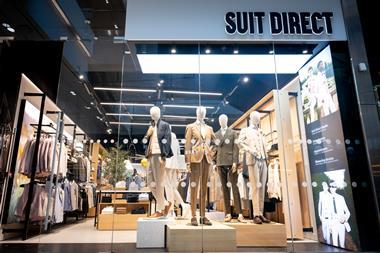For the modern retailer, globalisation has brought choice, improved opportunities and greater influence while at the same time creating highly competitive markets.
Additionally, retailers can no longer depend upon their stores being the main point of contact with the consumer. Some key considerations for the property industry are:
- Retailers are in search of a greater understanding of new markets and require more insight on the performance of shopping centres.
- Technology is influencing a change towards fewer stores.
- Merchandising mix is changing as different sectors are expanding or contracting.
- There is a greater demand for unique and creative environments.
- Lease models are changing and becoming outdated.
- Successful retailers are creating unique experiences and telling a story to the customer.
The continuing success of Ted Baker is a prime example. The brand has stores in North America, the Middle East, Australia and Asia, but the product range and shop-fit retain its British eccentricity and the brand catches the consumer’s eye and demonstrates value.
The quirky brand Aesop sells a range of plant-based products for the skin, hair and body. Each store is individually designed and made relevant to the specific market. As founder Dennis Paphitis says: “There is a direct correlation between interesting, captivating store spaces and consumer traffic within a store.”
The key for the property industry to understanding these changes lies in forging long-term reciprocal relationships. Just as the retailer spends time understanding the most effective way to capture the customer spend, the landlord must devote time to understanding how the retailer will maximise sales. We all believe that we know our clients well but the results often tell a different story.
Brands and retailers are already embracing the idea that relationships are the route to success. It is no longer enough for the retailer to focus merely on selling a product or the landlord on letting space. Converting relationships into a successful and meaningful outcome for both sides requires time, patience and a demonstration of respect on both sides. The landlord must take stock and really think about the correct approach to the retailer in order to turn the relationships into deals in the shortest time possible.
From a landlord’s perspective, recognising, understanding and considering the changes that retailers are going through when forming their own strategy is essential. That said, it is important to remind ourselves of the traditional values and key components required to form mutually beneficial and successful relationships. For example:
- Recognise the need to invest time and the right resources in building relationships.
- Focus on strong communications and timely messaging to the market.
- Realise it is no longer enough to focus on letting the space — preparation and planning are required to ensure that the correct marketing strategy and tools are utilised.
- Allocate appropriate resources and search for new networks to build retailer relationships and trust.
- Do your research before meeting foreign brands — they will do theirs.
- Recognise local knowledge and customs.
- Understand that integrity, trust and respect lead to long-term relationships.
A further demonstration of the need to build networks and relationships is the increase in the number of international trade fairs such as Mapic, ICSC New York and ICSC Retail Connections. The relationship process has already started for many brands
Sheila King is founder of Sheila King International.
































No comments yet